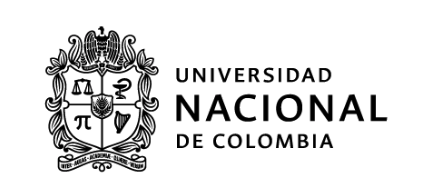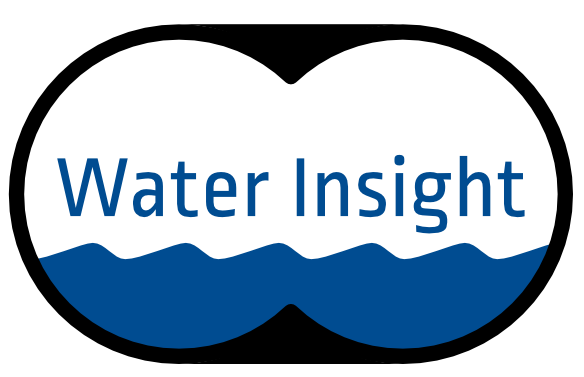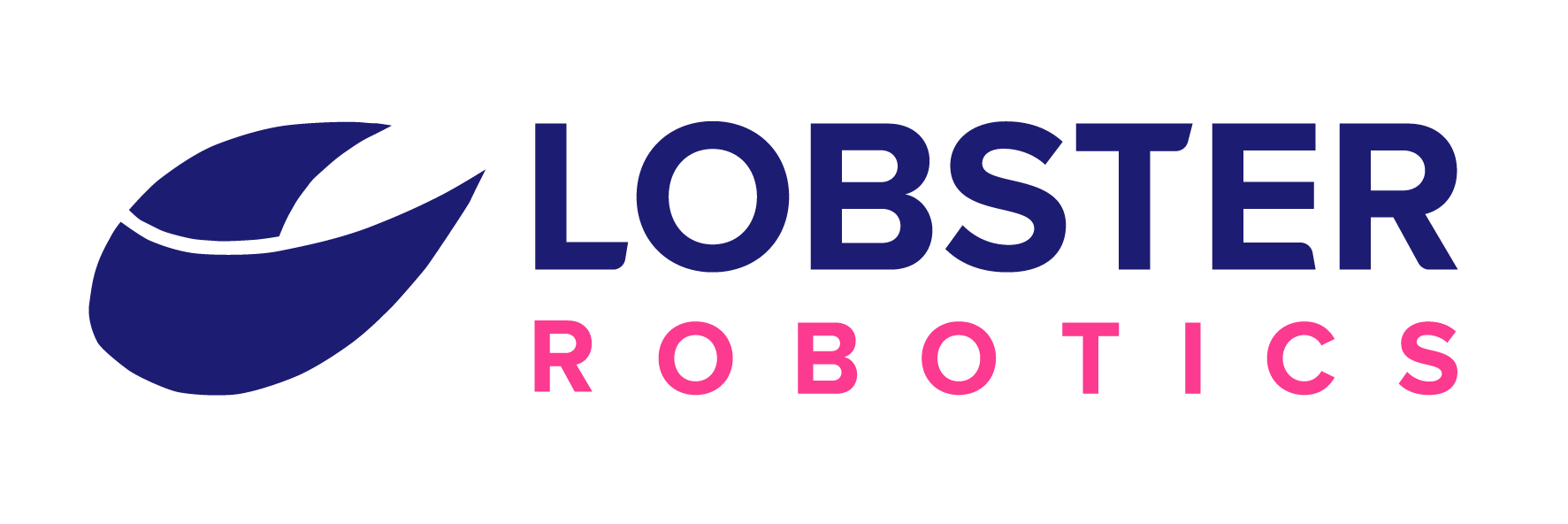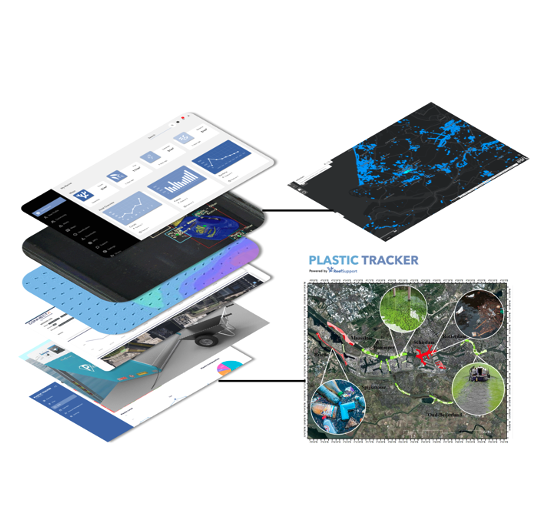
Marimap is Reef Support’s interactive platform for mapping, monitoring and reporting on marine ecosystems. It brings together in-situ data, geospatial layers and reporting - making data more accessible, promoting informed decision making and enhancing collaboration between stakeholders.

Unlocking the power of ocean data for decisions that matter.





A unique opportunity to explore destinations around the world while learning and contributing directly to marine conservation, learn more about our global network of coral, cetacean and shark conservation on-site and field work programs.

We create software that supports coastal activities worldwide for a responsible and sustainable blue future. We use AI, satellite, and in-situ data to enable informed decision-making in coastal development, marine conservation, and sustainable ocean industries.

Oceans and coral reefs are the backbone of a multitude of ecosystems and for human livelihood. We have already lost or severely damaged more than 50% of coral reefs worldwide.

Through technology and tourism, Reef Support empowers more people to discover the world of coral reefs, and take action to protect them.


Accelerating data analysis and reporting of coral reef health by developing a free, online tool that employs AI to determine live coral cover and address bottlenecks in coral reef monitoring.



Developing and combining in-situ observations, advanced remote sensing and computer vision technologies to monitor and conserve mangrove ecosystems.


Monitoring and managing water quality by identifying and quantifying algal blooms, which can indicate eutrophication and pose risks to aquatic ecosystems.




Automated monitoring and management of mussel health within aquaculture farms using advanced machine learning techniques to analyze underwater imagery.



Exploring how young scientists could help facilitate 3D Photogrammetry procedures with new tools and methodologies for coral reef research (with Angela Alegria)

Leveraging cutting-edge technologies such as GAN-enhanced satellite imagery, we are developing a robust model capable of detecting plastic debris in oceans, riverways, and lakes worldwide.



.png)
.png)

Addressing the labor-intensive and outdated techniques of traditional coral health analysis, Angela Alegria, a Colombian marine biologist, harnesses the power of artificial intelligence on Providencia Island, as the selected participant for Reef Support's 3D photogrammetry project, funded by WWF Netherlands INNO-fonds to carry out R&D with Corales de Paz.

With the support of the University of Amsterdam, our CTO Yohan Runhaar carried out research to explore advanced methods for coral classification and segmentation, addressing limitations in current approaches. By leveraging computer vision techniques, the study offers a pathway to enhance efficiency and precision in assessing coral reef health using innovative AI techniques.

Marc Baauw conducted this research as part of his MSc studies in GIMA, a program offered by TU Delft, Wageningen University, Utrecht University, and the University of Twente. His aim was to gain insights into the differences between two rugosity calculation approaches using SFM-based photogrammetry.

During the AI for Coral Bleaching Hackathon organized by the Sustainable Ocean Alliance, the Reef Support team used the k-means segmentation technique to detect live coral cover and coral bleaching extent. This was a critical step in creating an accurate AI model to predict coral bleaching events and identify healthy and unhealthy coral reefs.

In this blog, we'll explore how you can contribute to the conservation of coral reefs and help advance marine research through Open Coral AI. With just a few simple steps, you can take part in a global effort to monitor and protect coral reefs, even if you're not a marine scientist or conservationist.

Meeting in the Netherlands and seeing her determination to take part as a volunteer, Reef Support and IBF decided that Amba would become the "first reef ranger", where she would travel to Lombok for 2 months to develop reef monitoring techniques and to set the groundwork for a continued reef ranger program into the future.

The 4 Reef Students are making great progress: signing their first contract, breaking first ground on the lab, gaining their Open Water PADI certificate, and having their first restoration dive! Click to read more on the story, where we thank the sponsors and tell you how to get more involved, by T-shirts, or by citizen science.

Motivated by a shared goal, 4 Reef Students of TU Delft are closely working together, in the context of their ongoing studies, with Reef Support and an inspiring non-governmental organisation, the Indonesia Biru Foundation (IBF) to kickstart the decade of ocean regeneration with a community-driven coral lab!

Reef Support was invited to take place in the Ocean Innovation Africa event in Cape Town, as an exhibitor and challenge owner. Together with OceanHub Africa, the hosts of the event, we presented one of the challenges part of the Ocean Hackathon ®.

Reef Support has decided to collaborate with FruitPunch AI to set up a 2 month (Oct - Dec 2021) Hackathon, inviting data scientists to analyze underwater photographs to infer the health and growth of coral reefs.

In September 2021, Reef Support’s vision for strong international coordination and community building of an ocean prediction capacity for the future has led to a science programme submitted to the UN Decade of Ocean Science.

On the 23rd of April, students of TU Delft were invited to participate in the 2021 Hackathon organised by YES!Delft Students and work on a case of Reef Support. Read more to find out about the winning teams and ideas!
New software, projects and opportunities for the marine conservationist